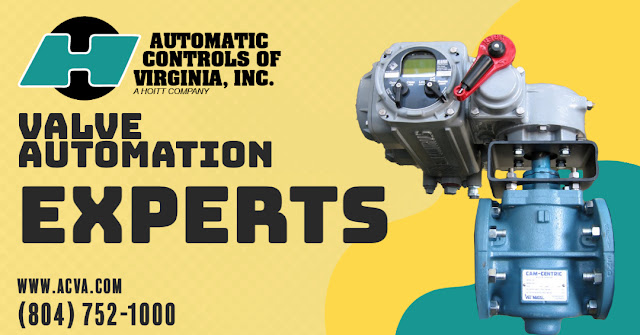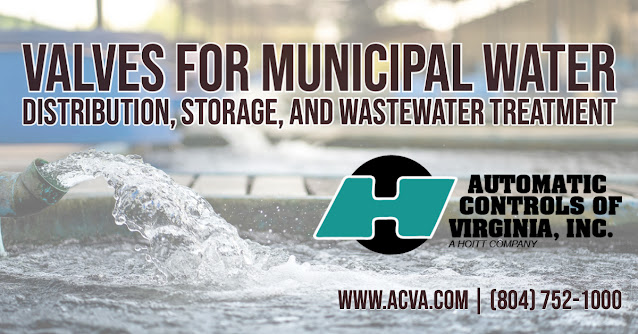Automatic Controls of Virginia (ACVA) is a provider of valve automation that offers a complete range of services and has facilities that can automate practically any size quarter-turn or linear actuated valve. ACVA can meet even the most complex automated valve requirements, whether you need small ball valves with pneumatic actuators or massive valves, such as those used on municipal pipelines.
ACVA has a significant competitive advantage over other valve companies in the design, fabrication, assembly, and installation of any valve actuation or automation project. This competitive advantage combines the industry's best pneumatic, electric, and hydraulic valve actuators with its on-premise machine shop and fabrication division. This advantage, along with Automatic Controls' fifty years of expertise, makes them the superior choice as your partner in valve automation.
The technicians at ACVA who work on valve automation are highly knowledgeable in pneumatic rack and pinion and scotch-yoke systems, electric quarter-turn and linear systems, and valve communications. ACVA can handle even the most challenging actuation need, including bus communications, limit switches, fail-safe devices, and solenoid valves.

